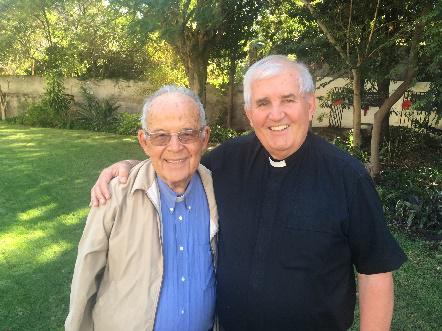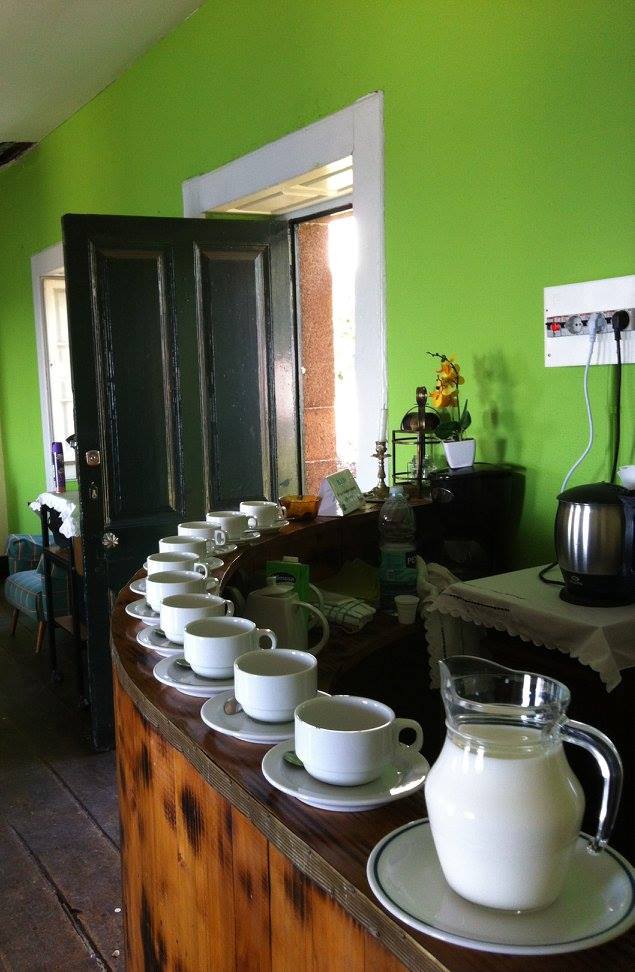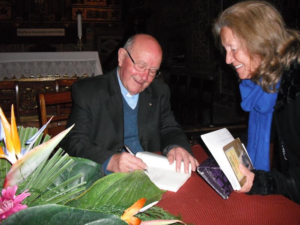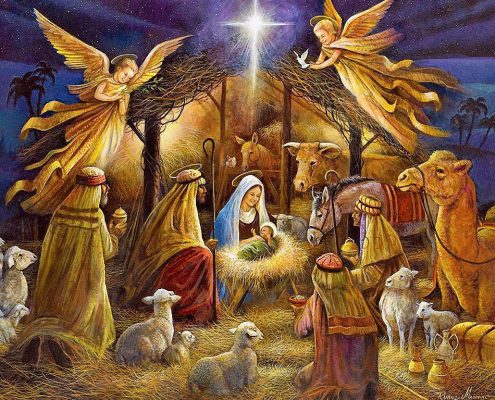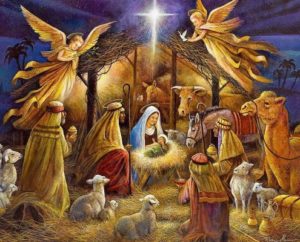Scripture Readings 26th January 2020, 3rd Sunday in Ordinary Time, Year A
Isaiah 8:23-9:3; Psalm 26(27); 1 Corinthians 1:10-13,17; Matthew 4:12-23
The first reading from First Isaiah. About 725 BC, Ahaz, weak king of Judah, asked Assyria for help, in spite of Isaiah’s advice to wait because “God is with us”. God would send a saviour, idealistically described with words probably used to hail the new king Hezekiah. Assyria attacked northern Palestine, but Isaiah looked forward to the Messiah bringing freedom to the “Way of the sea” ie Galilee.
The psalm expresses total confidence in rescue by the Lord, hoping to dwell in safety in the Lord’s house.
In our second reading Paul is shocked at the self-glorifying divisions, or “rents”, in the church at Corinth. Whoever baptised us, we were baptised into Christ. With our common baptism we should therefore “be united in belief and practice”. Unity, but not uniformity. Our task is to preach the Good News of Christ’s crucifixion, without following particular teachers or allowing the meaning of the Cross to be obscured by clever oratory.
In Matthew’s Gospel, Jesus has rejected the devil’s temptations and so identified himself as the “Son of God”, capable of not sinning. Hearing of the arrest of the Baptist, Jesus withdraws to Galilee, the “Way of the sea”. He then quotes the verses of Isaiah from our first reading, before starting his mission in Galilee by calling his first disciples.
Psalm Response: The Lord is my light and my help.
(Isaiah 8:23-9:3; Psalm 26(27); 1 Corinthians 1:10-13,17; Matthew 4:12-23)
